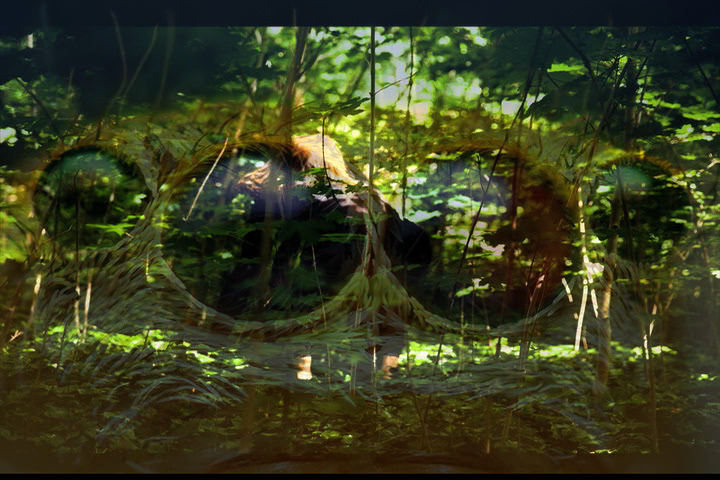This essay is a meditation on the place of grief in graduate student life, an accounting for the ways that the pandemic has shaped research and the work that disabled graduate students have had to do to stay afloat. I begin by meandering through the grief of a family bereavement into the range of other kinds of crip grief that emerged at the start of the COVID-19 pandemic. Thinking with grief across scales, I ask the following questions: what might it mean to research and to write when our fields of inquiry shift even as they are being studied? How might we hold on to hope as a political practice even as undercurrents of grief work to wash it away? Where and how might we find and work with methodologies and practices that prioritize our embodied experiences during precarious, difficult times? Drawing on Melissa Kapadia’s work on chronic illness methodology and Gökce Günel, Saiba Varma, and Chika Watanabe’s manifesto for patchwork ethnography, I attend to the place of patchwork as a survival strategy for and beyond field research. Ultimately, this essay works with grief’s non-linearity, patching together memories and experiences to document one experience of the early years of the pandemic as means of making the aloneness of our graduate journeys less commonplace.
Keyword: grief
How Do You Grieve During an Apocalypse?
This essay is a rumination on loss during the pandemic—not only the physical loss of loved ones but the loss of experiences and time. Focusing specifically on the death of my aunt, Joyce Dana Apostole, I reflect on what it means to mourn, not only as an individual but as a collective. Through the retelling of significant moments in Joyce’s life and recalling our relationship, I consider the questions: How do you navigate grief when you cannot congregate with others? How is that grief compounded by institutional failures—medical, governmental—and informational lack? And how does social response to individual and mass loss reflect philosophies and policies that (continue to) devalue—and prove detrimental to—the lives of disabled people? Ultimately, this essay is not only a reflection on grief, but it is also a eulogy, an opportunity to fully recognize my aunt and her complex history, a life shaped by illness and disability in ways that counter popular narratives of recovery and overcoming. It is an archive of not only what was, but what wasn’t, necessary documentation within a culture in which “return to normalcy” can become synonymous with forgetting.
The Green Color of Grief: Spider-Human Dreams
This essay tries to read the pandemic-afflicted (human) world in terms of post-human translation. In echoing Anna Tsing’s call for “collaborative survival,” it speaks in images of human-spiders in the forest who sense the radical isolation of humans and, thus, loss of proximity. One witnesses ill-treatment of various bodies: those that are economized, racialized, or nationalized. In this way, the essay proposes a post-human approach to distorted intimacies worldwide. It uses multimodal means of reflection: film, photography, sounds, and words. Through such a combination of nonverbal and verbal elements, the essay argues against the divisions of humans-culture-nature. It asks the reader to rethink how we could exist in equal mutuality.
Review of Postcolonial Grief: The Afterlives of the Pacific Wars in the Americas by Jinah Kim (Duke University Press)
Jinah Kim’s Postcolonial Grief engages with the transnational politics of grief, mourning, and militarization across the Pacific. By examining literature and film produced by Japanese and Korean persons across the Asian diaspora, Kim reveals the ways in which loss and melancholia act as insurgent cultural forces. She considers how, despite silencing mechanisms which valorize narratives of reconciliation and pathologize the grief of colonized subjects, colonialism continues to haunt the present. A rich engagement with the overlapping histories of violence across the Pacific, Kim effectively and carefully considers the relationship between liberal narratives of reconciliation, loss, and colonial violence.



